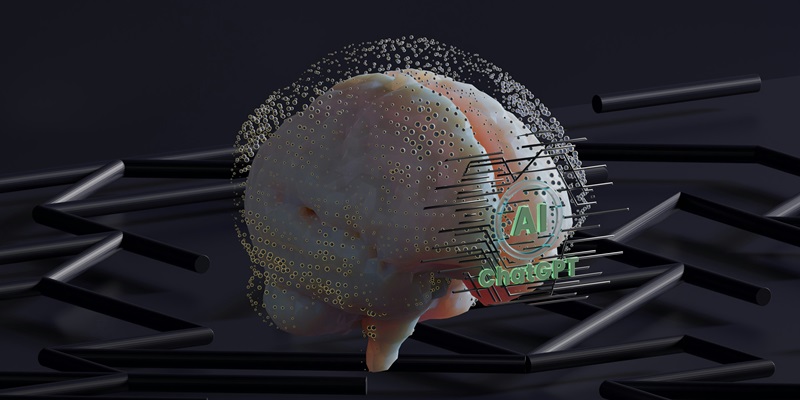OpenAI has made significant strides in conversational AI by introducing a memory capability to ChatGPT. This innovation enables ChatGPT to retain details from earlier conversations with users, leading to more coherent and personalized interactions. With this memory, ChatGPT can track user preferences and previous discussion points, allowing for responses and suggestions that are more precisely aligned with the user’s needs. For example, once a user shares their preferred writing style for emails or reports with ChatGPT, the AI will remember these preferences, reducing the need for repetition in future interactions. This feature marks a notable advance in how conversational AI can understand and anticipate user requirements, providing a seamless, efficient, and custom-tailored communication experience. It demonstrates OpenAI’s commitment to enhancing AI’s interaction capabilities, making ChatGPT an even more effective tool for tasks that require understanding context and personalization.
Seamlessly Integrated User Control
The memory feature grants users absolute control over their digital histories, a key aspect in safeguarding their privacy. They possess the capability to either deactivate this function, selectively erase certain memories, or completely reset their historical data through easy-to-use settings. This empowerment is essential as it enables users to find the equilibrium between personalized services and their privacy concerns on their own terms. For businesses, this feature is equally beneficial. Company account holders can turn off the memory function, providing an added layer of security in the handling of confidential corporate information. The customizable nature of this feature means users and businesses alike can navigate the digital space with confidence, knowing their right to privacy is respected and can be managed with a few simple clicks.
Ethical Monitoring and Bias Minimization
OpenAI upholds the principle that with significant power comes significant responsibility. As the AI with memory function enters an early access stage, the organization is deeply committed to vigilant oversight of this feature. This vigilance helps ensure biases are minimized and the AI does not inappropriately store sensitive personal data. OpenAI proactively monitors interactions and manages the AI’s recall abilities to uphold user privacy and consent guidelines, with a goal to maintain ethical practices and build trust. Adjustments are made swiftly when needed to align with these ethical commitments, demonstrating OpenAI’s dedication to responsible AI deployment. Maintaining this balance is crucial as it advances the frontier of AI technology while respecting the crucial tenets of user privacy and trust. Through conscious effort and continuous evaluation, OpenAI is setting a standard for responsible AI management.
Future-Proofing AI Conversations
OpenAI is on the brink of enhancing ChatGPT’s memory capabilities significantly. With a broader rollout on the horizon, the organization promises thorough disclosure of the operational intricacies and established privacy protections associated with these advancements. This evolution in artificial intelligence memory technology marks a significant stride towards creating chatbots that are not just more adept and productive but also deeply committed to user privacy. As AI chat agents evolve to become more intelligent, OpenAI ensures they uphold their role as secure and reliable digital companions for everyday user interactions. This balance of smart functionality and privacy illustrates OpenAI’s commitment to fostering AI that users can depend on without compromising their personal data. The advent of smarter, privacy-conscious AI tools is set to revolutionize the way we interact with technology.

